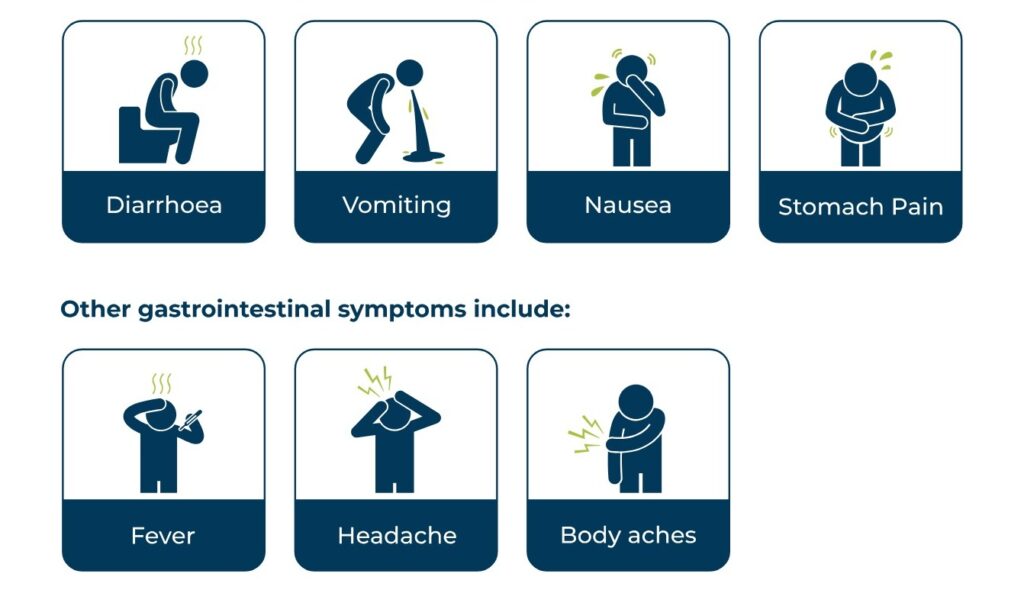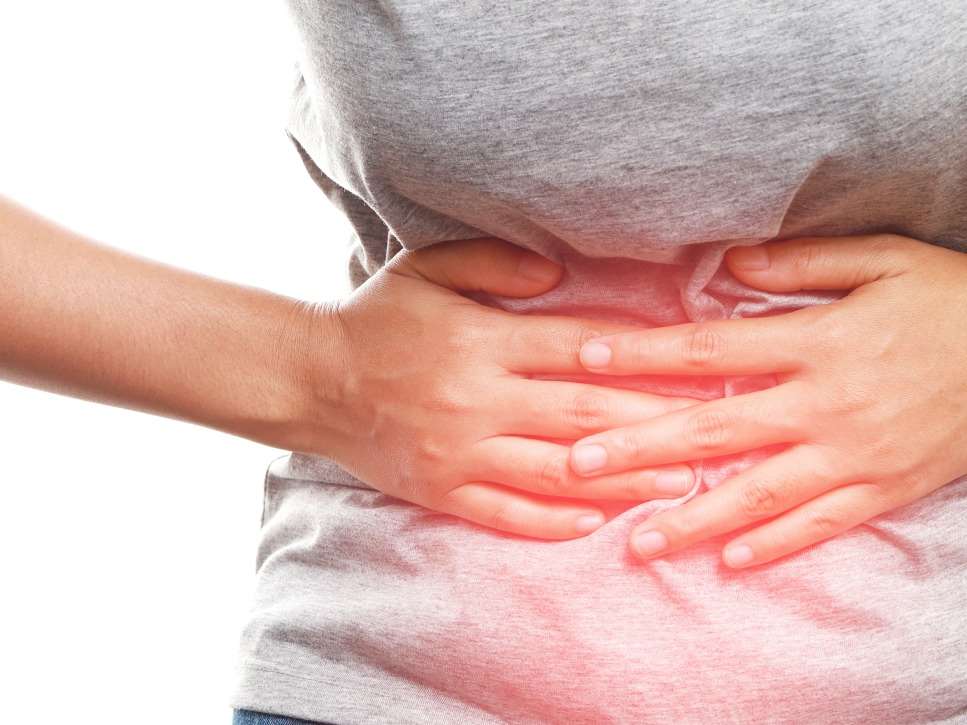According to the Centers for Disease Control and Prevention (CDC), Norovirus also known as the Stomach Flu, and is a very contagious virus that causes inflammation of the stomach or intestines. It can affect people of all ages, causing severe vomiting and diarrhea. Norovirus is the leading cause of illnesses and outbreaks from contaminated food in the United States (US), with most of the outbreaks occurring in eateries. Infected workers have been reported to be the frequent source of outbreaks.
According to the CDC, Norovirus cases usually tend to decline after February and March in the US. It is believed that Norovirus is responsible for the deaths of
about 900 people annually across the US, particularly those aged above 85 years.
Recent spike of Norovirus cases in the US and the UK
A multistate outbreak of Norovirus illnesses linked to raw oysters from Texas was reported in December 2022. As per the CDC, the positivity rate of Norovirus cases across the US have increased to 17.14 percent as of last week of February 2023, while the nationwide positivity rate for the Norovirus was 14.55 percent for the same period in 2022. The highest average for a positive test of the Norovirus was recorded in the Midwest. According to experts, the relaxation of COVID-19 restrictions, which were perceived to be effective in preventing Norovirus outbreaks during the pandemic years, is believed to be causing the slight increase in the Norovirus cases.
Meanwhile, according to the UK Health Security Agency, Norovirus cases in England have increased significantly and are at their highest levels in a decade.
What are the symptoms of the Norovirus?
Symptoms usually develop 12 to 48 hours after being exposed to the Norovirus. The most common gastrointestinal symptoms of the Norovirus include:

People infected with the virus are likely to feel extremely ill, and have vomiting and diarrhoea several times a day, which may lead to dehydration, particularly among young children, older people, and people with illnesses.
How does the Norovirus spread?
People can get infected with the Norovirus several times in their life due to its multiple variants. Infection with one type of Norovirus may not be enough to develop immunity against the other types, while the duration of immunity developed against a particular type remains uncertain. Further, the susceptibility to the Norovirus is also determined partly by a person’s genes.
Norovirus can spread through:
- An infected person: having direct contact with a person infected with the Norovirus, for instance by caring for them, or sharing utensils or food with them.
- Contaminated food: eating food prepared or handled by someone with the Norovirus.
- Contaminated water: drinking fluids contaminated with the Norovirus.
- Contaminated surfaces: touching objects or surfaces contaminated with the Norovirus.
Billions of Norovirus particles can be shed by an infected person during Norovirus infection, with only a few Norovirus particles sufficient to make other people sick. A person is considered most contagious when:
- They have symptoms of the Norovirus, particularly vomiting, and During the first few days after recovery from the illness.
What is the treatment for Norovirus infection?
There is no specific medicinal treatment for people infected with the Norovirus. However, since, Norovirus leads to severe vomiting and diarrhoea, patients are advised to consume plenty of liquids to avoid severe dehydration during the illness. Antibiotic drugs are not helpful for treating Norovirus illness as they fight bacteria, and not viruses.


Recommendations:
- Advised to drink plenty of liquids to prevent dehydration due to vomiting and diarhoea.
- To identify signs of dehydration in children infected with Norovirus, it is advised to look for signs such as crying with few or no tears and excessive sleepiness.
- Advised to contact a healthcare provider if a person is severely dehydrated.
- It is advised to wash your hands regularly with soap and water after using the toilet, before eating, preparing or handling food as well as while consuming or giving away medicines. Alcohol hand gels are not recommended as they do not kill Norovirus.
- People with Norovirus symptoms are advised not to visit hospitals or care homes, while sick workers should avoid going to work at the restaurants to prevent the Norovirus from spreading.
- Advised to follow the CDC’s food safety guidelines on the link: https://www.cdc.gov/foodsafety/
- Patients in the UK are advised to go to the website: https://111.nhs.uk/ or call 111 to get advice from a nurse or doctor related to the Norovirus.



